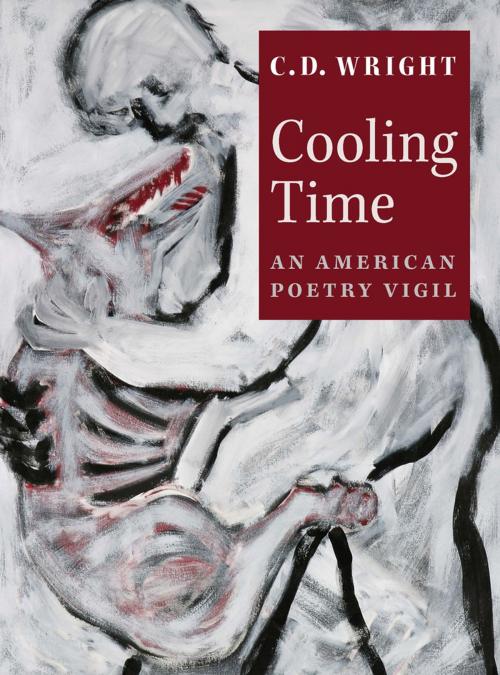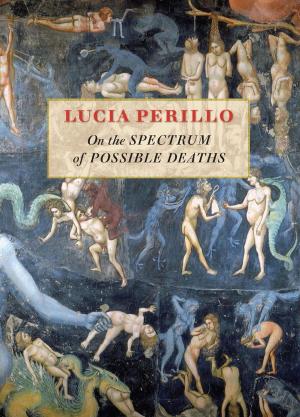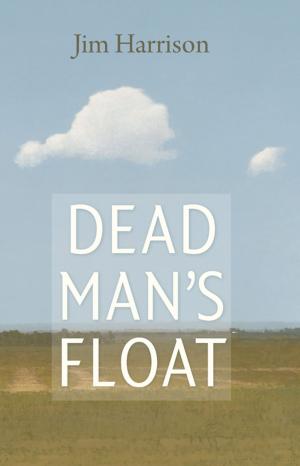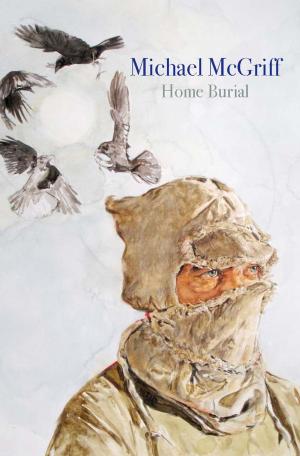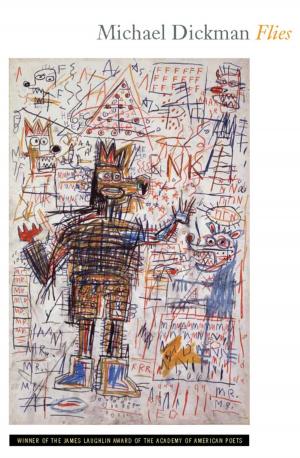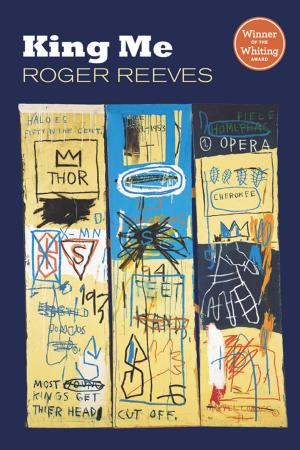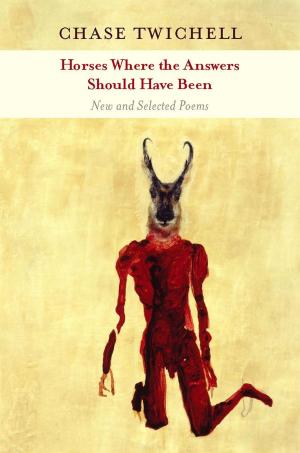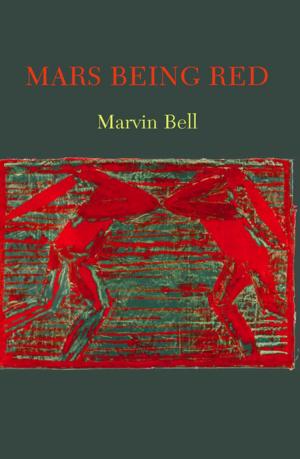| Author: | C.D. Wright | ISBN: | 9781619320154 |
| Publisher: | Copper Canyon Press | Publication: | December 11, 2012 |
| Imprint: | Copper Canyon Press | Language: | English |
| Author: | C.D. Wright |
| ISBN: | 9781619320154 |
| Publisher: | Copper Canyon Press |
| Publication: | December 11, 2012 |
| Imprint: | Copper Canyon Press |
| Language: | English |
C. D. Wright takes her title from a line of legal defense, peculiar to Texas courts, in which it is held that if a man kills before having had time “to cool” after receiving an injury or an insult he is not guilty of murder.
Cooling Time is a new type of book, an unruly vigil that is an interconnected memoir-poem-essay about contemporary American poetry. Ever focused on possibilities, Wright demonstrates that “the search for models becomes a search for alternatives,” and thereby defines the terms by which poets can chart their own course.
These are some of the things I have touched in my life that are forbidden: paintings behind velvet ropes, electric fencing, a vault in an office, gun in a drawer, my brother’s folding money, the poet’s anus, the black holes in his heart—where his life went out of him.
Tell me, what is the long stretch of road for if not to sort out the reasons why we are here and why we do what we do, from why we are not in the other lane doing what others do.
Poetry is like food remarked one of my first teachers, freeing me to dislike Rocky Mountain Oysters and Robert Lowell. The menu is vast, the list of things I don’t want in my mouth relatively short.
C.D. Wright, author of nine books of poetry, teaches at Brown University. She lives in Providence, Rhode Island, with poet Forrest Gander.
C. D. Wright takes her title from a line of legal defense, peculiar to Texas courts, in which it is held that if a man kills before having had time “to cool” after receiving an injury or an insult he is not guilty of murder.
Cooling Time is a new type of book, an unruly vigil that is an interconnected memoir-poem-essay about contemporary American poetry. Ever focused on possibilities, Wright demonstrates that “the search for models becomes a search for alternatives,” and thereby defines the terms by which poets can chart their own course.
These are some of the things I have touched in my life that are forbidden: paintings behind velvet ropes, electric fencing, a vault in an office, gun in a drawer, my brother’s folding money, the poet’s anus, the black holes in his heart—where his life went out of him.
Tell me, what is the long stretch of road for if not to sort out the reasons why we are here and why we do what we do, from why we are not in the other lane doing what others do.
Poetry is like food remarked one of my first teachers, freeing me to dislike Rocky Mountain Oysters and Robert Lowell. The menu is vast, the list of things I don’t want in my mouth relatively short.
C.D. Wright, author of nine books of poetry, teaches at Brown University. She lives in Providence, Rhode Island, with poet Forrest Gander.
